Greetings plant people,
I have a question for the forum readers that have experience with grafted Ginkgo. And I would like some opinions as well. I will be cross posting this in the "Tree" and "Conifer" forums.
In spring 2007 we planted a Princeton Sentry Ginkgo in a location where the more narrow habit of this cultivar was appropriate near our drive way. It has been in it's present location for 6 years. Overall the tree is healthy, heavily foliaged (for a Ginkgo), has generated caliper, produces male flowering parts in the spring, etc. From this you would think all is well.... not exactly.
So does those of you with grafted Ginkgo have suckers from the rootstock every year. We have had this tree planted for 6 years, and every year it produces new suckers from the rootstock. At this point I would expect that this tree was grafted probable 10 years ago. Also since the graft is so much larger, I would expect apical dominance to have reduced rootstock sucking to nil by this time. But that is apparently not the case with this tree. So the question I have for you is, do your rootstocks on your grafted trees continually attempt to sucker?
Which brings me to my next point about this tree. Apical dominance, or more correctly, the apparent lack thereof. Being the cultivar Princeton Sentry, the tree should have upward ascending branches, and new branches/growth should follow this pattern. In this trees case....... not so much. To begin with I had to stake it for about 3 years before it could stand on it's own against the elements.... until this year. This year the tree is basically flopping over to one side again. But that's not the most unexpected thing. Few of the branches grow upward, some even grow downward, and many are basically pendulous. In fact the tree has gotten much wider, but barely taller than when planted. Hardly the growth pattern one would expect from Princeton Sentry. For that matter growth has been less than expected even for Ginkgo. In comparison I see local seed grown Ginkgo growing 2'+/yr with none of the other issues.
The above leads me to the following open ended thoughts. I am aware that for most Ginkgo, scions taken from branches tend to want to continue growing as branches. One of the advantages of PS was that apical dominance was would reassert itself in these grafts, and a central leader would then form. This is not happening, at least not strongly with our tree. Other characteristics fit PS. The leaves are large, thick, and typically lacking lobbing as us typical of PS. Fall coloration is late, and in line with other local Ginkgo that I believe to be PS. Plus I have seen reference to PS being late to color. The tree flowers male in the spring as one would expect. Since the tree is relatively small, that would support that it is the graft flowering, therefore no graft loss.
All of this make me wonder what could be happening. The rootstock sprouting makes me wonder if there is not some amount of graft incompatibility, thereby reducing growth as whole, producing suckers, and who knows what else.
Another thought I have had is the perhaps there has been a mutation in the original scion that greatly reduced the apical dominance. This could potentially result in lack of suppression of suckers, lack up upward branching, failure to maintain a leader, pendulous growth, weak structure so that the tree is now on the "floppy side again". Kinda a reversion PLUS.
Lastly, it could be wrongly labeled cultivar. I tend to discount this since the other characters fit PS.
At this point, I am less than enamored with this tree. Vigor is lacking, growth form is lacking, and we have gotten fall coloration exactly one time. then I see two seed grown trees sitting in burlap, on top of the ground, showing vigor with aggressive root growth though the burlap, and 1.5' long shoots, after being dug last fall, and missing most of their root mass.
I would appreciate any thoughts as to what may be happening.
Thank you for you time,
Arktrees
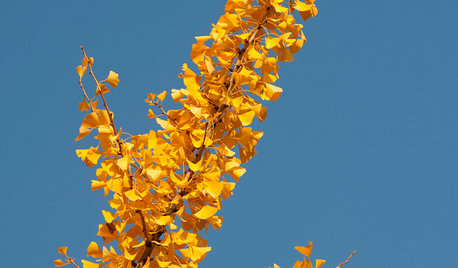
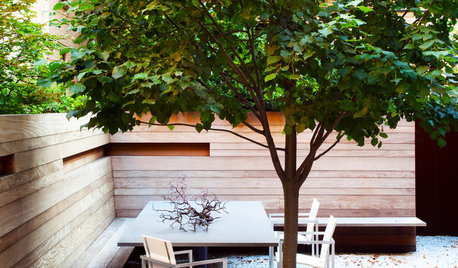
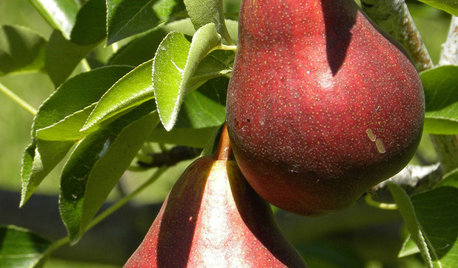
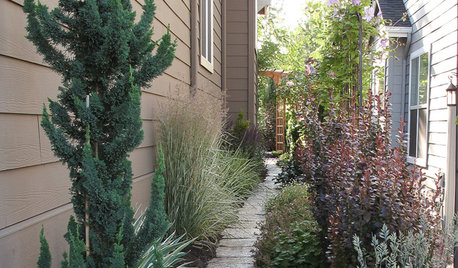
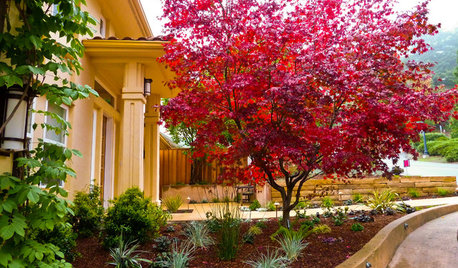

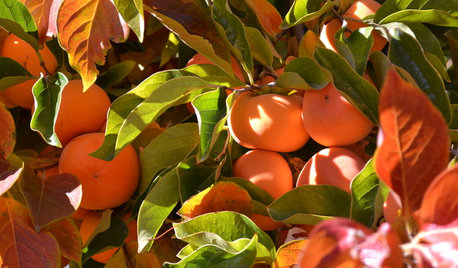
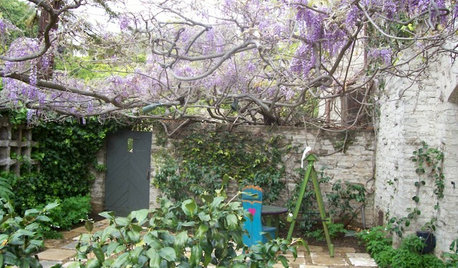
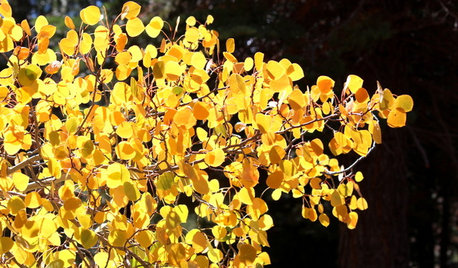
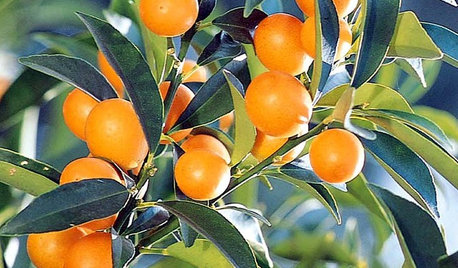




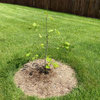
hortster
arktreesOriginal Author
Related Discussions
Ginkgo Trees
Q
Basil break or suckering rootstock?
Q
Removing 'suckers' to produce rootstock
Q
Stopping Apple rootstock suckering?
Q
hortster
joeschmoe80
arktreesOriginal Author